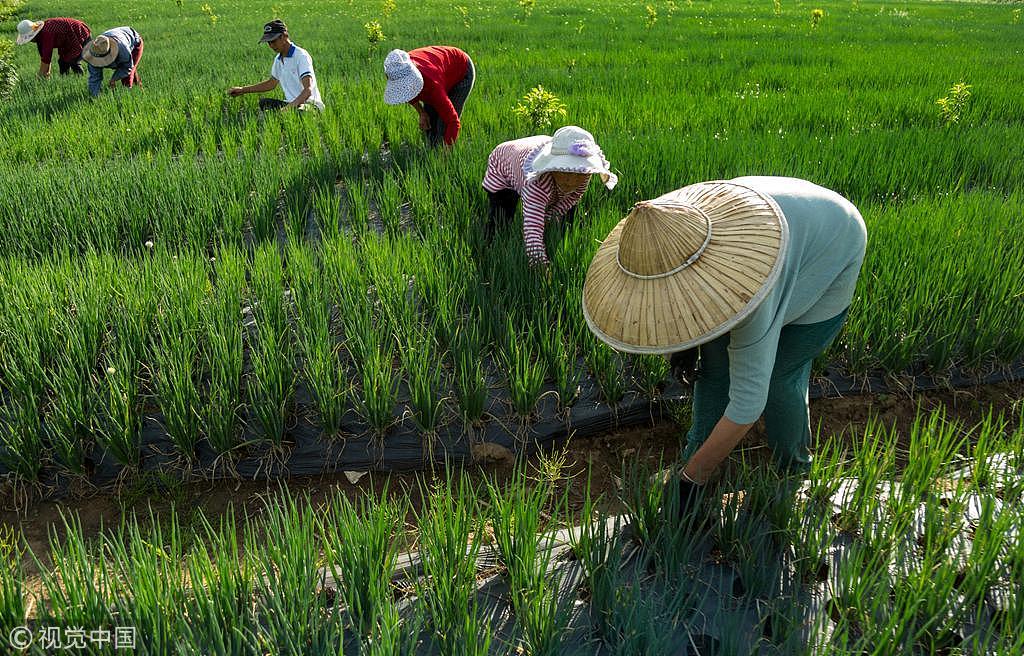Experts help farmers in Guizhou get more out of land


Luhua township in Bijie, Guizhou province, provides a good example on how to kill two birds with one stone - poverty alleviation and stopping desertification.
The township government organized agricultural technicians to help the farmers plant economically viable crops, such as plums, pumpkins, peppers, oilseed rape and soybeans, that are suitable for local soil and water conditions in the comparatively infertile mountain farmland. The new crops are replacing corn, which farmers have cultivated extensively for generations.
New reservoirs have been built in the mountains to collect water for use in irrigation during dry seasons, and government-funded soil enhancement and afforestation help improve the regional ecology and environment.
Moreover, the government provides startup capital to buy saplings, seeds and fertilizers for the farmers, as well as subsidies to planters of the economic crops, depending on the size of their farm.
Zhao Shaoxiang, a physically challenged farmer from Wanqing village who farms 0.5 hectares of mountain land, said his annual return per mu - a Chinese measurement equal to one-15th of a hectare - increased from less than 2,000 yuan ($290) to about 5,000 yuan after planting new crops under the guidance of expert technicians.
"I never expected the mountain farmland held such economic value," Zhao said. "The government's tailor-made plan for our village has made a big difference in our lives over a short period of time."
Chen Biao, director of the Wanqing village committee, said, "The engagement of the professional agricultural agents is the key factor."
Only professional pruning and using thread to pull the small branches in certain ways - to ensure the leaves of the plum trees can enjoy as much sunshine as possible - guarantee that the plums will develop fully, he added.
Peng Yong, a resident of nearby Shitong community, said the plum trees, which take only two years to bear fruit, instantly increase residents' incomes.
"The change in my hometown is apparent and has been virtually instant. Rocky desert areas have shrunk and given way to flourishing orchards," Peng said.
Li Xian, director of Qianxi county's desertification control center, said: "We take care of natural forests, and pay attention to planting forest and helping farmers cultivate economic crops. We attach great importance to preserving the ecology and environment to ensure the model is sustainable in the long run."
In the past three years, Qianxi has turned 50.27 square kilometers of rocky desert into forests, farmlands or orchards, Li said.
- Shenzhou XVIII astronauts enter space station
- Shenzhou XVIII manned spaceship docks with space station combination
- Shenzhou XVIII successfully launched
- The Shenzhou XVIII spaceship successfully launched
- Xi calls on Chongqing to write its chapter in Chinese modernization
- Shandong produce seller begs for order cancellations after pricing error





































